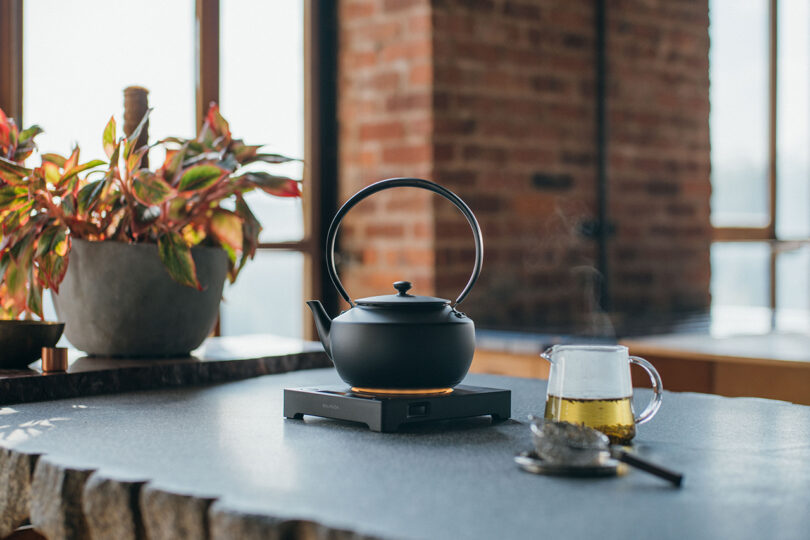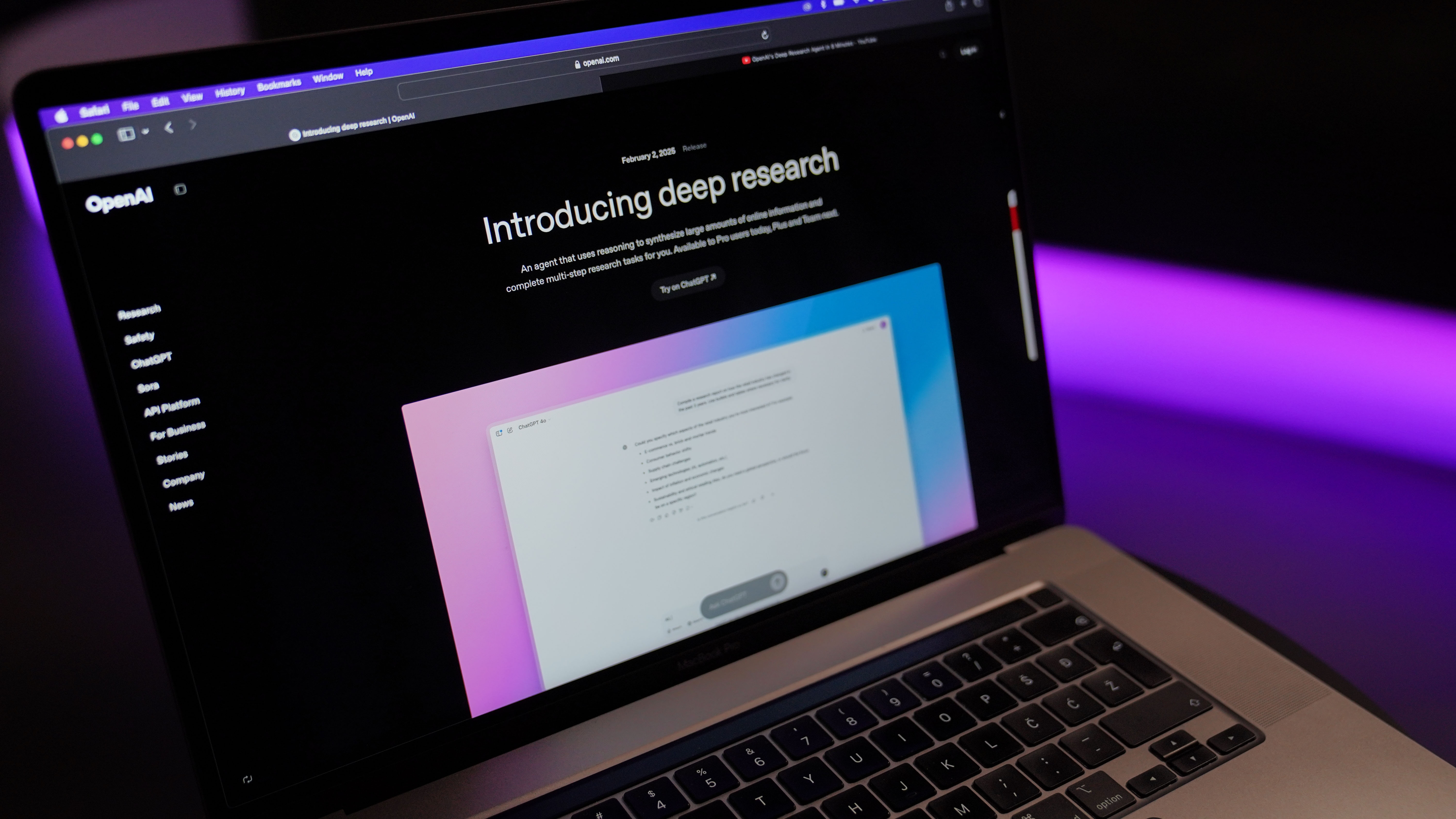lifehacker.com
When venturing out into the wilds of the modern web, many people now make use of a VPN, or a Virtual Private Network. These software packages have been around for decades as ways of securely connecting to private networks remotely, but the term is now more commonly used to refer to third-party VPN services that act as intermediaries between your devices and the internet at large.The idea behind VPNs is they keep you and your data safer while you're browsing, with a trade-off in terms of speed (though the best VPNs will aim to minimize the hit on download and upload transfer rates). If you're wondering what exactly a VPN is, how these services work, and whether or not you should be signed up for one, you'll find all of these questions and more answered below.Why use a VPN?Using a VPN is beneficial in terms of both security and privacy. VPNs create an encrypted tunnel between you and dedicated servers run by the VPN company. Your traffic is then sent down that tunnel, and your VPN service of choice then sends it on to websites or other servers. Traffic going in the other direction travels back in the same way.This tunnel offers several protections. It means it's a lot harder for people on the same wifi network as you at the local coffee shop or the hotel you're staying in to see what you're up toso VPNs are often deployed by users when they're traveling and connecting to numerous public wifi networks. VPNs can let you pretend you're in places you're not. Credit: Lifehacker Connecting to a VPN also means your traffic is hidden from your internet service provider, or ISP. Your ISP can see you're connecting to the VPN, but nothing beyond thatso it's impossible for your ISP or any of its staff to snoop on you or keep logs. It also means ISPs are more limited in terms of what they can tell government agencies and law enforcement.Another reason for using VPNs is to conceal or spoof your location: Websites can only see the location of the VPN server you're using, not your actual location. That means they can't track your whereabouts as easily, and in the case of streaming services, might serve up different libraries of content depending on where your VPN server is (though streaming services are pretty wise to VPNs now, so this doesn't always work).How VPNs workand their limitationsThat idea of an encrypted tunnel covers the basics of how VPNs work: You connect to a VPN server, then it connects to the web for you. When data comes back, it first goes to the VPN server, and then to your device. VPN providers will tell you how many servers they have and in how many countrieseach time you connect to the VPN, you can typically choose which server to connect to, or have one assigned automatically.If you want to stay safe on a public wifi network, it's best to connect to a server in your countryit'll be faster. If you want to pretend you're in another country, or would like to stop websites and apps from knowing where you are, you can pick a server somewhere else. Some VPNs let you double-up servers for extra security. If you connect to a lot of wifi networks, VPNs can help keep you safe. Credit: Lifehacker It's important to recognize the limitations of how VPNs work, too. Your location aside, they aren't going to stop a lot of the tracking tech you'll find on the web, such as cookiesand of course if you log into your Amazon account, Amazon will know it's you. VPNs don't offer anonymity cloaks.In addition, you're essentially transferring your trust from your ISP to a VPN provider: Your ISP provider can't see your traffic, but your VPN service potentially can. What's more, VPNs are under the same legal obligations as ISPs when it comes to giving data to government and law enforcement agencies. With that in mind, it's important to pick a VPN you trust.How to choose a VPNAs noted above, VPNs aren't above the law, and can see the traffic they're ferrying for you. With that in mind, it's important to look for a VPN with an independently audited "no logs" policymeaning none of your data is kept permanently. That means there's less information that can be exposed or handed over to the authorities, if they come knocking.It's a crucial part of choosing a VPN, so VPN providers will usually promote "no logs" policies quite prominently. Read the policies for ExpressVPN and NordVPN, for example: You'll see mention of independent auditors, technologies that scrub data automatically, and operations that are based in countries where data retention laws are less strict (which means VPNs aren't legally obliged to keep records on their users). See what VPN providers say about their data retention policies. Credit: Lifehacker There are lots of other criteria to use when weighing which VPN provider to go for. As previously mentioned, you can look for how many servers a provider offers, and where they're based. You can also check up on the promised speeds, as well as the basics of how much you're going to have to pay and what else you get included (maybe dark-web monitoring for data breaches, for example, or a bundled password manager).Make sure you check how many devices you can connect to the VPN service at any one time, as this will varyand some VPNs may not even have apps for every platform. You can also look at what you get in terms of customer service and support if something goes wrong. And don't forget to consult reviews from trustworthy tech publications, too.How much VPNs costAs with most digital subscription decisions, cost is likely to be a big factor in your choice. Free VPNs are available, though they'll usually be cut-down versions of paid-for packages, with limitations on how many connections you can make and the speeds you're going to get in terms of uploads and downloads.Considering how important VPNs are, in terms of trusting them with your data, it's a good idea to avoid free ones if you canat least if it's not clear how they're making their money. There are trustworthy free VPN packages around, and we've listed some of them here, but make sure you go for a well-known name with a long history. Check the deal length and bundled features when comparing VPN prices. Credit: Lifehacker If you are able to pay for a VPN, make sure you weigh everything you get with your subscription: the number of available servers, the number of compatible devices, the length of the deal you have to sign up for, the customer support on offer, the bonus software included. Comparing prices is tricky because each VPN provider offers different packages for your money.While subscription tiers and pricing are changing all the timelook out for introductory deals if you're just signing uphere are a few offers available at the time of writing to give you a general idea: ExpressVPN is $12.95 a month, NordVPN is $12.99 a month, ProtonVPN is $9.99 a month, and TunnelBear is $9.99 a month. As usual, you can get lower monthly pricing by signing up for a year or two, and varying tiers with varying features are available on these services.Should you use a VPN?There's no doubt that using a VPN on your phone or your laptop means your data is more secure and more private: The question is whether it's worth paying for another subscription. It certainly gives you extra peace of mind if you're on the go a lot, and often bouncing between different public wifi networks. For secure travel, and accessing services from abroad, VPNs are definitely appealing.Then there's the ISP issue: These big internet companies keep much more detailed records than most VPNs do. If you'd rather as little of your browsing activity was logged as possible, then a VPN might be the way to go (though again, this applies to activity logged by ISPs, and not necessarily advertising companies or websites). VPNs can offer extra peace of mind. Credit: Lifehacker You've also got the built-in protection for your locationyour IP addressand the ability to spoof locations to some extent, which can be helpful if you're in a place with tightly regulated internet, or where your usual streaming services aren't available. Bear in mind, though, that as soon as you log into Google or Netflix, they know who you are and which country you live in anyway.VPN providers are usually falling over themselves to offer free trials or introductory offers, so there's no harm in signing up for a package and seeing how it suits youand how much you actually use it. You could even sign up for a couple at a time and compare them in terms of online speeds and the quality of their apps.












